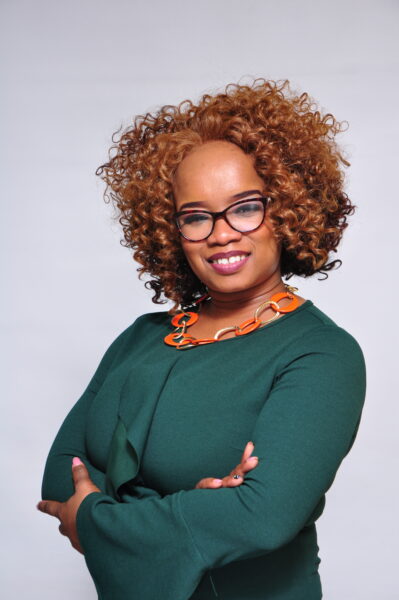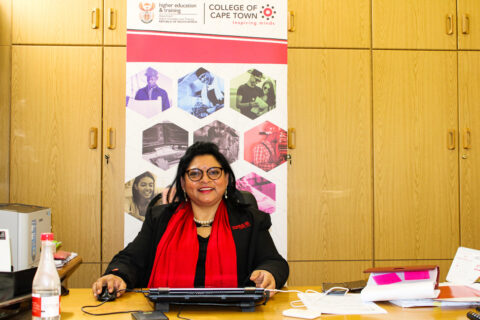Sunday Times Skills
Nouveau Teach
Like many students facing or finishing their matric, Tsitsi Chiumya didn’t have a clear idea where he wanted to go next. Born in the small township of Lebowakgomo, in Limpopo, he moved to Johannesburg during his high-school years, where he discovered a penchant for art and creative classes.
“After matric,” Chiumya says, “I initially wanted to study quantity surveying, but my dad encouraged me to study fine arts. When he called the department, however, he got the wrong number and ended up speaking to the Game Design department. I got called in for an interview and I haven’t looked back.”
Chiumya is speaking to me from the prestigious Games Developer Conference in San Francisco, one of the highlights of the videogames industry’s calendar, presenting a talk on why videogaming has potential to bridge cultural gaps in South Africa. As one of the first honours graduate of the University of the Witwatersrand’s new BA PVA in Game Design, what he lacks in experience he more than makes up for in enthusiasm.
The Wits course is just one of many new specialist degrees that are being established by universities across the country to help undergraduates to prepare for new disciplines that didn’t exist a decade ago. From games design and computer-aided design to data-based journalism and more, universities are – as they always have done – catching up with changes to the workplace. In the case of the Game Design course, this has been done by combining the skills of two separate faculties.
“The Game Design course is offered as part of two separate degrees. One part of this collaborative degree is housed in the Wits School of the Arts (WSOA), the other in the School of Electrical and Information Engineering (EIE),” says Prof Barry Dwolatzky. “We are the first country in Africa to offer a unique blend of engineering and fine art. It is a very exciting programme and we look forward to seeing it continue.”
Interdisciplinary
While academic courses are often justly accused of failing to keep pace with change in their particular fields, those that are successful could be the ones – like Wits’ Game Design course – that look outside of their disciplines for inspiration.
Prof David Taylor runs the African Institute of Financial Markets and Risk Management, a young institution based at the University of Cape Town. Taylor says the challenge facing the existing Faculty of Commerce was that graduates weren’t being properly prepared for the jobs in the financial sector that they wanted.
“Lots of companies are employing engineers [rather than accountants], as they have better-disciplined thinking skills,” Taylor told an audience at Fintech 2020. “What is being asked for is the maturity of mind and attitude in the graduates we process. It’s not just about product knowledge and skills; that would be easy.”
Taylor’s department teaches postgraduate courses exclusively. This, he explains, is because the financial sector is transforming so rapidly it would be impossible to build a structured undergraduate course that could keep pace. Postgraduates have the flexibility to adapt their research as new innovations come through.
“We need more professional masters degrees,” Taylor says. “These degrees have different educational outcomes to traditional masters programmes, with more flexibility. They can produce graduates who are ready to work from day one; they don’t need a year of immersion in a company before they can contribute in a meaningful way.”
And as more institutions begin to chart new territory and experiment with new courses, the outcomes may not be what you might have expected, either. Tsitsi Chiumya’s first product isn’t for Sony or Microsoft consoles; it’s a board game based on the Gauteng minibus taxi industry, called After Robot.
“In Game Design I had to learn, as though I was a child, about new types of games on consoles and computers that, growing up, we simply couldn’t afford,” he says. “Now, I want to create games that use both analogue and digital components, to teach people about the different worlds, because I believe that if we design for people in the less privileged areas, then we are able to play together.”





 Sign-up and receive the Business Media MAGS newsletter OR SA Mining newsletter straight to your inbox.
Sign-up and receive the Business Media MAGS newsletter OR SA Mining newsletter straight to your inbox.